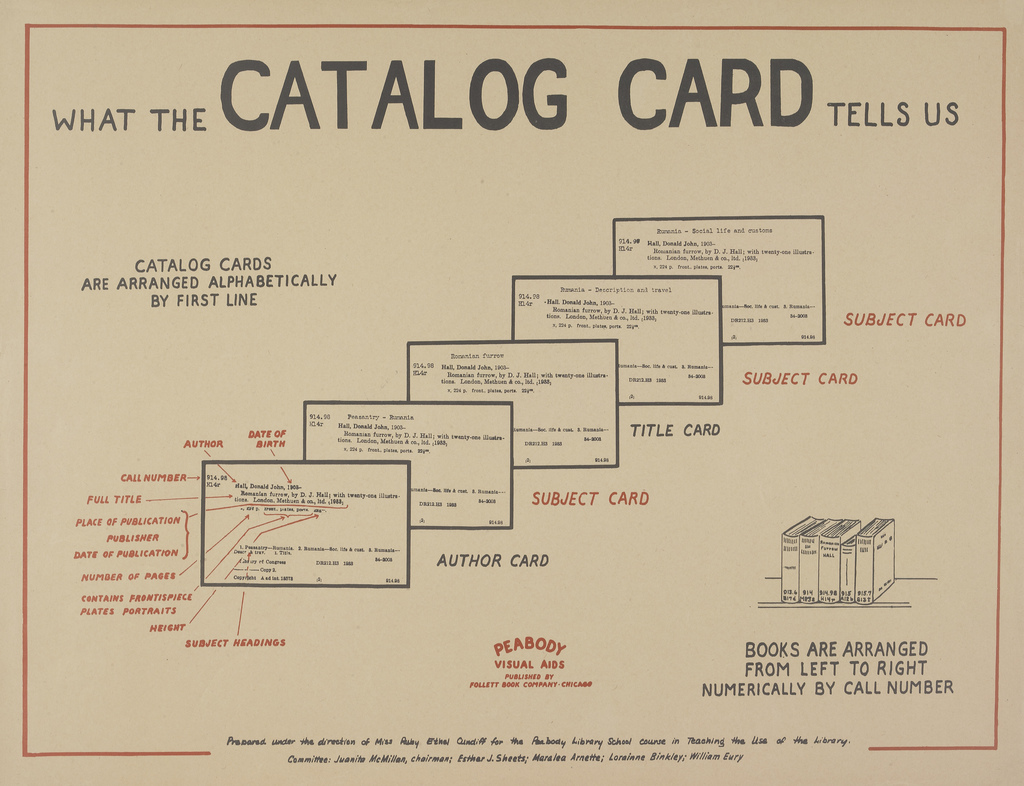For a few years, starting around a decade ago, I blogged at The American Conservative. Sometime in the not-too-distant past, they memory-holed all my posts — without bothering to inform me that they’d be doing so. Classy move, folks! Anyway, I might occasionally re-post stuff I wrote there — assuming I can find the drafts on my hard drive. (If I were desperate to retrieve anything, which I’m not, I could of course eventually find it with the Wayback Machine.) Here’s one to accompany my School for Scale idea.
I think the world needs a quirky and extremely rich venture capitalist to fund my great project, Cassiodorus College. Tag line: Where the New Liberal Arts Meet the Old. Foundational courses will include:
Memorization and Recitation. An introduction to mnemomics, both through modern techniques and history. Books assigned will include The Art of Memory by Frances Yates and The Memory Palace of Matteo Ricci by Jonathan Spence. Attention will be given to memorizing long poems, long speeches, meaningful numerical sequences, and nonsense.
Reading: Natural and Formal Languages. An exploration of the very different skills required to read natural languages and formal languages, especially computer programming languages. A key question will be: Why is computer code easier to write than to read, while natural language is generally the other way around. Attention will be given to the neuroscience of reading but also to the conditions under which reading can be intensely pleasurable.
Composition: Natural and Formal Languages. A course devoted to the exploration of three compositional modes: writing English essays, writing computer code, and the mediating experience of writing English essays while using markup languages, primarily HTML and LaTeX. The first part of this course will begin by having students spend extended periods hand-writing memorable poetry and prose in commonplace books, alternating that with typing into a terminal code examples from Donald Knuth’s Art of Computer Programming. Only very gradually will they progress to writing their own essays and their own code.
The Visual Display of Quantitative Information. Stolen directly from Edward Tufte, whose books will be our texts. However, we will also explore the ways in which the various software tools available for making graphs, charts, and the like constrain our organizational and display choices. We will also give attention to the principles of excellent design, including the design of text.
Mathematical Reasoning and Rhetoric. An introduction to mathematics as a mode of thinking and a subsequent exploration of how the best principles of mathematical reasoning are routinely defied when numbers are presented to the public. Tufte is useful here too, for example, on how faulty presentation of data can lead to disasters.
Care of Plants and Animals. An idea stolen from W. H. Auden, who said that in his “daydream College for Bards” every would-be poet should tend a vegetable garden and care for a domestic pet. A great idea not just for bards.
Please get in touch if you’re filthy rich and want to bankroll this glorious endeavor.


